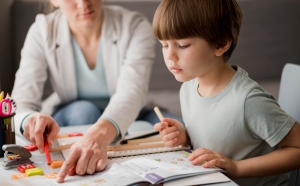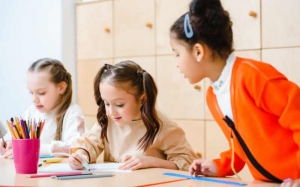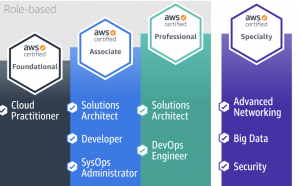Education definition is known as one of the most powerful things in life; education gives us an interpretation of the surrounding world and offers us the opportunity to use it wisely.Education unlocks the mind, enlarges it, and improves our lives in so many ways.
1. Education definition and concept
It is a set of moral values derived from norms and social customs that contribute to directing the behavior of individuals within their society. Education definition is also known as influences that affect individuals within the environment in which they are present, and it is between the family and the external environment. All the factors surrounding each individual contribute to the refinement of their human and social personality. The correct path of education also depends on the influence of cultural and educational factors that exist within the same family because it has an important role in developing each person's personality.
2. Education definition, according to scientists and philosophers
There are different and multiple education definitions. And over time, different definitions have emerged for scientists, philosophers, and thinkers because of their differing perceptions of man and his philosophy in life and the beliefs he believes. They view them as a controversial issue, and among the basic old education definitions are the following:
2.1 Education definition of Emile Durkheim
“It is the act that the adult generations practice on the younger generations that are not yet ready to social life, and its topic is the arousal and development of a number of physical, intellectual and moral preparations for the child, which are required by the political community in its entirety and the private milieu, directed to him."
2.2 Education definition of Plato (427-347 BC)
“Education is to give the body and the soul every beauty and perfection possible for it."
2.3 Education definition of Dewey (1845-1905 AD)
“Education is life, a process of conditioning between an individual and his environment."Related: Effective use of technology for teachers
3. Education definition and importance
There is a great importance of the role of education in different societies, and its importance is highlighted in several aspects, including:-An important factor in the environmental balance, through the role of environmental education that educates the individual in his dealings with the environment and the nature around him. The environment undergoes great risks from environmental pollution carried out by man, so education gives the environment the necessary position in the souls of individuals to preserve it, and the formation of a good environmental man.-An important factor in economic development, through the formation of qualified individuals and investment of manpower and preparing and qualifying them to work in the economy.-An important factor in social development, as it educates the individual to assume his social responsibilities, and know his rights and duties.-Education builds character: Going to school helps us learn who we are, what we believe in, and what role we play in the world. This sense of self is essential for personal growth.-Education builds confidence: When children learn to read and write, they become confident in their ability to succeed. Each question they answer correctly strengthens their abilities and their self-confidence.-Education promotes decision-making and critical thinking: Children who attend school learn values, morals, and ways to solve problems. With the ability to make important decisions and consider all possibilities, children will undoubtedly have more success in their personal and professional lives.-Education can change our future: Going to school has an impact not only on the future of children but on the future of their families, friends, and communities. As more children are educated, the world becomes a brighter place.
4. Education definition and objectives
The objectives of education are as follows:- Creating a good citizen, through caring for raising all aspects of his personality, whether mental, physical, or moral.- Informing the individual of his rights and duties.- Planting morals and respect for others without any form of discrimination.- Enhancing the child's self-esteem and appreciation for his accomplishments.- Preparing children who are able to own career and enter the job market to compete.- Transfer of information during a personal quest for knowledge- Instilling literacy skills, in addition to the skills of innovation, creativity, and design.
- Positive discipline; what is behind this expression?
- Videogame technology and the future of entertainment
- Language disorder and delay in children; when to worry?
- Technology terms and their importance in future conversations
- A Wonderful Escape: Why Traveling is the Perfect Stress Reliever
Originally published on Live Positively.






